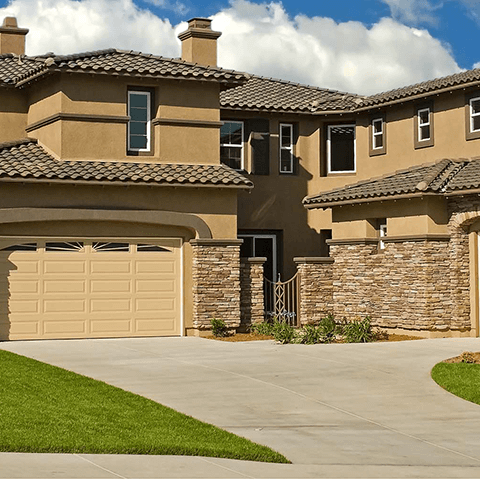
INSIDE LOOK: THE NO-FEE MORTGAGE EXPLAINED
If you have bought a home in the past, you are likely well-acquainted with the process of securing financing. You find a bank or a mortgage broker, get pre-qualified, and find out how low of an interest rate you can get. You find the house you want to buy, and with the help of a Realtor, you close on the loan. In addition to the purchase price, you have probably seen added fees that cover the mortgage application, appraisal, and in some cases the mortgage insurance (PMI) or “points”. All of these are wrapped up into your closing costs, which can really add up.
No-Fee Mortgages
Enter the no-fee mortgage. With this option, we can streamline the closing process and wrap many of those fees into the financing. As the buyer, you will close on a loan with a slightly higher interest rate, but you will not have to pay for those line items up front. PMI is often added to conventional mortgages when the buyer is putting less than 20% down. Points are assessed to lower the interest rate by paying more upfront—the opposite of what a no-fee mortgage sets out to do.
Example No-Fee Mortgage in Action
How does it work? Investopedia.com has a great breakdown on this, using a $500,000 loan as an example. Using their numbers, the difference in the monthly payment is about $150.00 more every month under the no-fee option. It also allows a homeowner in that scenario to avoid paying approximately $3,000 at closing. After three years of payments, you would have paid the equivalent of those fees. But of course, you do not get an interest rate reduction at that point. You will continue your mortgage at that initial rate unless you sell the house or refinance your loan. Therefore, over the course of a 30-year mortgage, in this example, you will continue to pay that extra $150 every month for another 27 years.
Considering the No-Fee Option
Consumers need to understand the numbers before they commit to any large financial decision, and buying a house certainly qualifies. A no-fee mortgage can be a great option for some. Others are better off paying the fees up front and avoiding paying more in the long run. People buying investment properties would benefit from a no-fee mortgage since the intent is to sell that property quickly. Likewise, if you believe you are likely to sell your house in the next few years, or if you intend to pay off your mortgage much sooner than 30 years, this could be a great option to avoid having to front the money when you close. For some, the deciding point may be whether a no-fee option makes the difference between being able to buy before interest rates go up, as opposed to waiting for more cash on hand–at which point you may be paying a higher interest rate anyway. As with any large purchase, you have many factors to consider. You will need to decide what works best for you.

